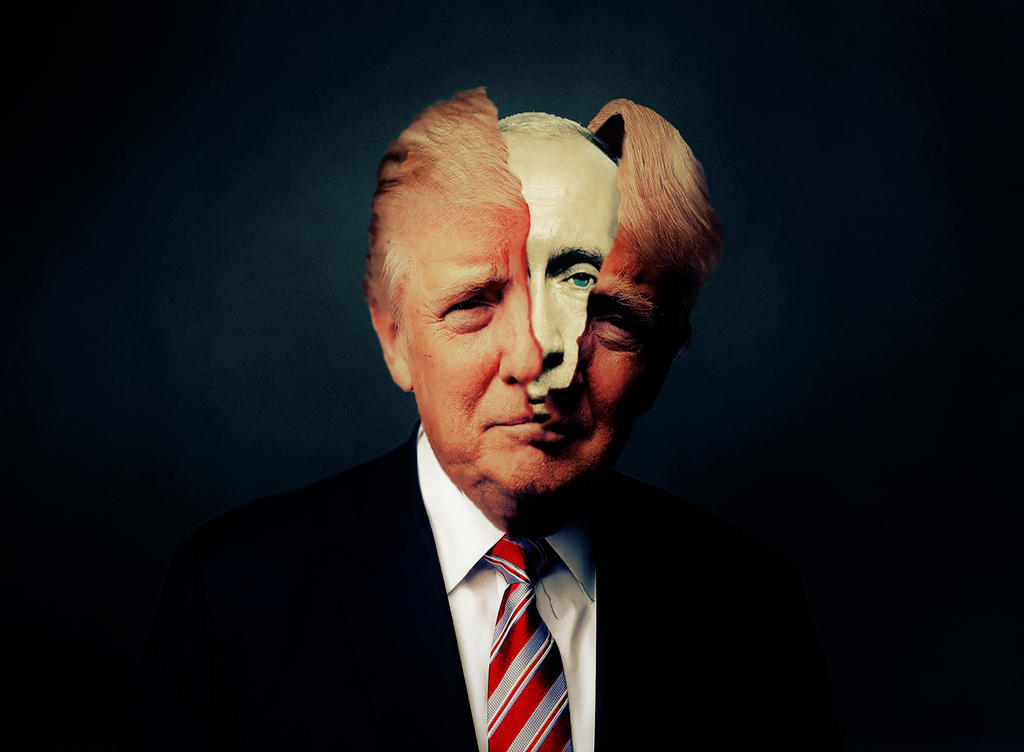Will Meta’s “made by AI” label be able to stem the flood of deepfakes?

Meta will begin reporting on Facebook, Instagram and Threads if an image was generated with AI. Google also made the same announcement, but fighting deepfakes seems like an impossible mission. Facts and comments
Who for a moment didn't believe (or wanted to believe, in some cases) that the photos of Pope Francis in a flashy white down jacket or those of the arrest of Donald Trump and Vladimir Putin were true? With the rapid development of artificial intelligence (AI) and its tools in recent months, distinguishing reality from fiction is increasingly difficult, especially on social media, the preferred vehicle for circulating deepfakes, i.e. photos, videos and audio created with computer software. AI that looks real.
Mark Zuckerberg's Meta then announced that, in the coming months, labels will appear on Facebook, Instagram and Threads to indicate whether an image was generated with AI. Last year, Google also said it would take the same action for YouTube and its other platforms.
However, experts, while appreciating the initiative, are skeptical about its effectiveness.
META AND THE “MADE BY AI” LABELS
While the line between reality and fiction is becoming increasingly blurred online, yesterday Meta announced that the images generated with AI will be recognizable on its social networks thanks to a label where "made by AI" will be written. The goal is to avoid creating confusion and spreading deepfakes among users through Facebook, Instagram and Threads. Regarding the contents that can be shared on WhatsApp, however, it is not yet known what will happen.
The technical standards to which Zuckerberg's company is working could then also be extended to video and audio created with AI tools, although in these cases, according to the company's president of global affairs, Nick Clegg, "it is more complicated ” . Meta then said it will begin asking users to label their AI audio and video content and will enforce unspecified penalties if they don't. Clegg, however, recalled that, however, there is no valid mechanism for labeling the written text generated by tools such as ChatGpt.
The ambitious intention of Meta, which already labels any content generated using its own artificial intelligence tools, is to expand monitoring to images generated by the AI services of other companies, such as OpenAI, Microsoft, Adobe, Midjourney, Shutterstock and Google . And this is where many experts say they are skeptical.
BECAUSE IT WILL BE DIFFICULT TO FIGHT DEEPFAKES
In a period in which generating false content is very easy, thanks to elementary AI software, trying to contain a raging river seems very difficult. Furthermore, 2024 is an election year and if the 2020 US presidential elections, followed by the assault on the Capitol, were just a taste of the weight that social media had in influencing or misinforming people, it is only imaginable what could happen with today's tools and the giant strides made in a very short time by AI. “I expect a tsunami of misinformation,” said Oren Etzioni, an artificial intelligence expert and professor emeritus at the University of Washington. “I can't prove it. I hope to be proven wrong. But the ingredients are there and I'm completely terrified."
Then there are also the risks for privacy and relating to the individual, as in the case of the deepfake pornographic images of Taylor Swift that have circulated online and which are believed to have been generated by diffusion models such as Stable Diffusion, Midjourney or Dall-E, but the origin of which was not then attempted to be determined.
Although welcomed with enthusiasm, Meta's news does not make one feel completely at ease. As Cornell University's Gili Vidan said , the system may be "fairly effective" at flagging much of the AI-generated content made with commercial tools, but it probably won't catch everything. Even for consumers, Quartz writes , a potential concern is that tech platforms will become better at identifying AI-generated content from a range of major commercial providers, but fail to identify content produced with other tools.
This is a machine translation from Italian language of a post published on Start Magazine at the URL https://www.startmag.it/innovazione/letichetta-made-by-ia-di-meta-riuscira-ad-arginare-il-mare-magnum-di-deepfake/ on Wed, 07 Feb 2024 10:20:33 +0000.
